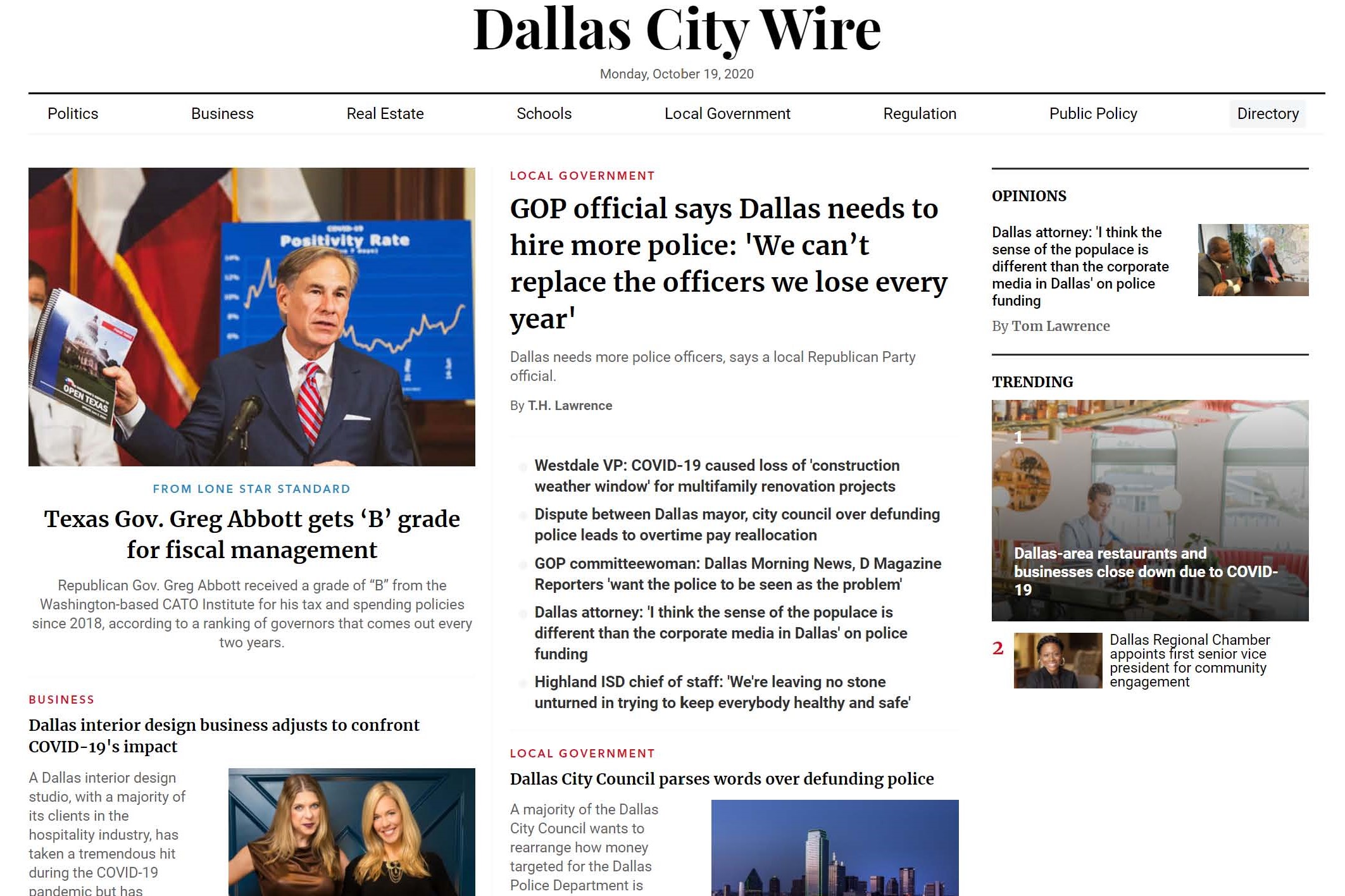The Facts About Local News Online Revealed
The Facts About Local News Online Revealed
Blog Article
Local News Online Fundamentals Explained
Table of ContentsRumored Buzz on Local News OnlineThe Only Guide for Local News OnlineRumored Buzz on Local News OnlineThe Local News Online IdeasGetting The Local News Online To WorkRumored Buzz on Local News Online
The number of times a write-up obtains shared on is pertinent for activists, politicians, authors, online-publishers and advertisers. They thus have a passion in knowing the number of shares, ideally even anticipating it prior to the short article is being published. With new methods of such as it is feasible to gain understandings into the core characteristics of an article.Said "dataset concerning online information appeal". contains 39,644 monitorings and 60 possible attributes, that have actually been gathered over two years from 2013 to 2015. The attributes contain variables describing words, links, digital media, time, keyword phrases, insights from and the number of post shares. With the dataset being openly offered, a fair amount of information analysis has actually been carried out.
One "classification analysis". 30 November 2020. used equipment finding out approaches, namely,,, and to forecast the leading ten percent most regularly shared articles. The conclusion is, that the ordinary keywords within a write-up and the average appeal of said keywords have the best influence on the amount of shares an article gets.

Local News Online Fundamentals Explained
Archived from the original on Sep 28, 2007. Andersen, Kurt (15 February 2007). "You Must Be Streaming". NYMag. Archived from the original on Nov 29, 2023. Silberman, Steve (17 March 1997). Wired. Archived from the initial on Apr 29, 2023. Shedden, David (2004-12-16). "New Media Timeline (1980 )". Poynter. Archived from the original on Feb 3, 2024.
BBC News. Pew Research study Facility's Journalism Job. Reuters Institute Digital News Report 2013.
This year's report can be found in the midst of a worldwide wellness pandemic that is unprecedented in modern times and whose financial, political, and social consequences are still unfolding. The severity of this situation has actually enhanced the demand for dependable, accurate journalism that can notify and inform populaces, yet it has likewise reminded us exactly how open we have actually come to be to conspiracy theories and misinformation.

Unknown Facts About Local News Online
Journalism issues and remains in need again. One problem for authors is that this added passion is generating even less revenue as advertisers support for an inevitable economic downturn and print income dips. Against this history it is most likely we'll get more see a more drive towards electronic membership and various other reader repayment designs which have actually revealed significant assurance in the last couple of years.
At the same time, using online and social media substantially enhanced in the majority of nations. WhatsApp saw the greatest growth as a whole with rises of around ten percent factors in some nations, while majority of those evaluated (51%) used some kind of open or shut on the internet team to attach, share details, or participate in a neighborhood support network.
Media count on was greater than twice the level for social networks, video clip systems, or messaging services when it pertained to information about COVID-19. From our wider dataset collected in January: International problems about false information remain high. Even prior to the coronavirus situation hit, majority of our worldwide example stated they were concerned about what holds true or false on the internet when it involves information.
The Definitive Guide to Local News Online
In our January poll across countries, much less than 4 in ten (38%) claimed they trust most information a lot of the time an autumn of 4 portion points from 2019. Much this link less than half (46%) stated they trust the information they utilize themselves. Political polarisation connected to increasing unpredictability appears to have undermined rely on public broadcasters in particular, which are losing assistance from political upholders from both the right and the left.
Partisan preferences have somewhat enhanced in the USA because we last asked this inquiry in 2013 however even here a silent majority seems to be looking for information that at least tries to be objective. As the news media adapt to altering styles of political interaction, the majority of people (52%) would choose them to prominently report false statements from political leaders rather than not stress them (29%).
We have actually seen substantial increases in repayment for on the internet information in a number of countries consisting of the United States 20% (+4) and Norway 42% (+8 ), with smaller rises in a series of various other markets. It is necessary to note that throughout all countries lots of people are still not paying for online information, even if some authors have since reported a 'coronavirus bump'.
A Biased View of Local News Online
Subscribers believe they are obtaining far better info. A huge number of individuals are perfectly material with the information they can access for cost-free and we observe a very high percentage of non-subscribers (40% in the U.S.A. and 50% in the UK) that claim that absolutely nothing could encourage them to pay.
Access to news continues to become extra distributed Learn More (Local News Online). Across all countries, just over a quarter (28%) favor to begin their news trips with a web site or app. Those aged 1824 (so-called Generation Z) have an even weaker connection with sites and applications and are more than two times as likely to prefer to access news via social media
To counter the relocate to different platforms, authors have been wanting to build straight connections with consumers using e-mail and mobile signals. In the United States one in five (21%) access an information email weekly, and for nearly half of these it is their main means of accessing news. North European nations have actually been a lot slower to take on e-mail information channels, with only 10% making use of e-mail information in Finland.
Report this page